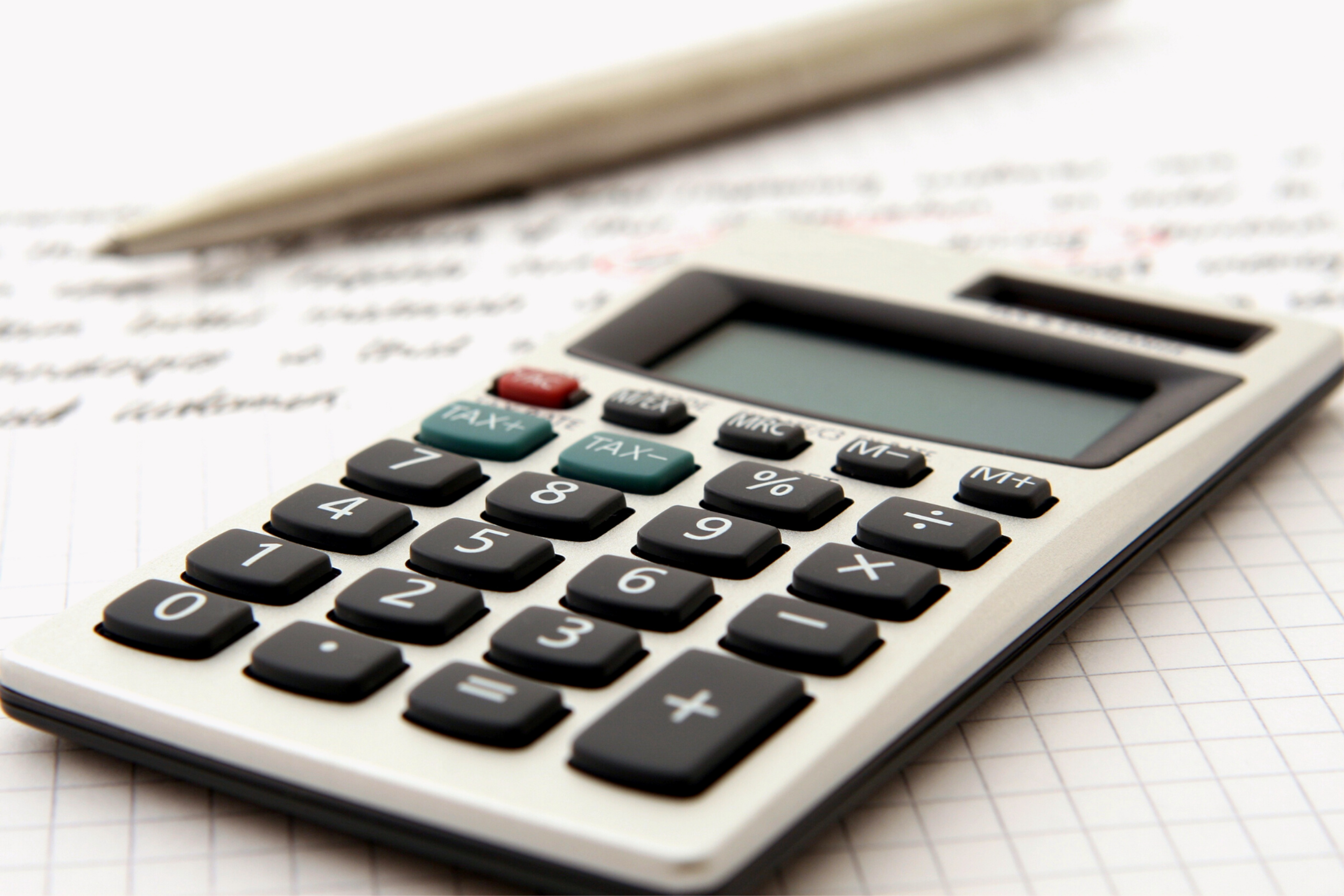
Table of Contents
Free Event

Featuring Jennifer P.
How to Bounce Back from a Low GMAT score
Starting Tuesday, April 29
4:00 PM UTC · 60 minutes

Featuring Jennifer P.
Are you feeling anxious about your upcoming GMAT test day? Don't worry, you're not alone. The Graduate Management Admission Test (GMAT) is an important examination for anyone considering graduate study in management. Not only does it measure your critical thinking skills and analytical writing ability, but it also assesses your quantitative and verbal reasoning abilities. In this guide, we'll cover all the important aspects of GMAT test day, from understanding the GMAT format, registering for the test, to what to expect during the exam itself. By the end of this guide, you'll feel more prepared and confident for the GMAT test.
What Is GMAT And Why Is It Important?
The GMAT test is used by business schools around the world to determine the suitability of a candidate for their Master of Business Administration (MBA) or other management-related graduate programs. The test is comprised of four sections - Analytical Writing Assessment, Integrated Reasoning, Quantitative Reasoning, and Verbal Reasoning - and it's important to do well in each of them.
One of the reasons why the GMAT is so important is that it provides a standardized way for business schools to compare candidates from different backgrounds and with different qualifications. This means that even if you come from a non-business background, or if you have a lower GPA than other applicants, you can still demonstrate your potential through a strong GMAT score.
Another reason why the GMAT is important is that it tests a range of skills that are essential for success in business and management. For example, the Verbal Reasoning section assesses your ability to analyze and evaluate written material, while the Quantitative Reasoning section tests your ability to solve complex mathematical problems. By doing well in the GMAT, you can demonstrate to business schools that you have the skills and knowledge needed to succeed in their programs and in your future career.
Understanding the GMAT Test Format
The GMAT exam is a computer-adaptive test, which means that the difficulty of the questions adjusts based on the candidate's performance. This allows the exam to accurately assess your skills and knowledge while minimizing the number of questions you need to answer.
The GMAT test is divided into four sections: Analytical Writing Assessment, Integrated Reasoning, Quantitative, and Verbal. The Analytical Writing Assessment section measures your ability to analyze an argument and communicate your ideas effectively in writing. The Integrated Reasoning section tests your ability to evaluate information presented in multiple formats from various sources. The Quantitative section measures your ability to reason quantitatively, solve quantitative problems, and interpret graphic data. The Verbal section measures your ability to read and understand written material, evaluate arguments, and correct written material to conform to standard written English.
It is important to note that the GMAT test is a timed exam, with a total testing time of 3 hours and 30 minutes. The Analytical Writing Assessment section has a time limit of 30 minutes, the Integrated Reasoning section has a time limit of 30 minutes, the Quantitative section has a time limit of 62 minutes, and the Verbal section has a time limit of 65 minutes. It is recommended that candidates practice time management skills to ensure they have enough time to complete each section of the exam.
How To Register For GMAT Test
Before you can take the GMAT test, you'll need to register for it. You can do this on the official GMAT website, where you'll need to create an account and schedule your test date. When you register, you'll also be able to choose the test center that is most convenient for you.
It's important to note that there are fees associated with registering for the GMAT test. The cost varies depending on your location, but typically ranges from $250 to $350. You'll need to pay this fee at the time of registration, so be sure to have a valid credit or debit card on hand. Additionally, if you need to reschedule your test date, there may be additional fees involved, so it's best to plan ahead and choose a date that works well for you.
Tips for Preparing for GMAT Exam
Preparation is key to doing well on the GMAT test. There are many resources available to help you, such as GMAT study books, online courses, and practice tests. Be sure to give yourself enough time to prepare, and create a study plan that works for you.
Additionally, it is important to familiarize yourself with the format and structure of the GMAT exam. The test consists of four sections: Analytical Writing Assessment, Integrated Reasoning, Quantitative, and Verbal. Each section has a specific time limit, and it is important to manage your time effectively during the exam. Practice taking timed practice tests to improve your time management skills and get comfortable with the format of the exam.
What to Bring on GMAT Test Day?
On test day, you'll need to bring a valid form of identification, such as a passport or driver's license. You'll also need to bring your admission ticket, which you can print out from your account on the GMAT website. It's best to bring a sweater or jacket as test centers can be cold, and you may also want to bring a snack to eat during the breaks.
In addition to the items mentioned above, it's important to bring a watch to keep track of time during the exam. While there will be a clock in the testing room, having a watch can help you manage your time more effectively and ensure that you don't run out of time on any section of the test.
Another item you may want to consider bringing is a set of earplugs or noise-cancelling headphones. Test centers can be noisy, with other test-takers typing on their keyboards or shuffling papers. Having a way to block out distractions can help you stay focused and perform your best on the exam.
What Not To Bring On GMAT Test Day?
There are certain items that are not allowed into the testing room, including mobile phones, electronic devices, study materials, and food or drinks (other than water). Make sure to leave these items at home or in a secure area outside the testing room.
How To Check-In For The GMAT Exam?
When you arrive at the test center, you'll need to check in with the test administrator. They will verify your identification and admission ticket, and show you to your testing station. You'll be given a few minutes to familiarize yourself with the computer and test interface before the exam begins.
GMAT Test Center Rules And Regulations
There are several important rules and regulations that you'll need to follow during the exam. These include not talking to other candidates, not accessing any outside materials, and following the instructions of the test administrator at all times.
What To Expect During The Security Check?
Before entering the testing room, you'll need to undergo a security check. This may include a metal detector scan, a visual inspection of your clothing, or a pat-down search. All test takers are subject to this security screening, and it's necessary to ensure the integrity of the exam.
What Is The Duration And Structure Of GMAT Exam?
The GMAT exam is approximately 3.5 hours long, including breaks. The Analytical Writing Assessment section is 30 minutes long, the Integrated Reasoning section is 30 minutes long, the Quantitative Reasoning section is 62 minutes long, and the Verbal Reasoning section is 65 minutes long.
How Is GMAT Scored: Understanding The Scoring System
The GMAT is scored on a scale of 200-800, with higher scores indicating better performance. The scores from the Verbal Reasoning and Quantitative Reasoning sections are combined to give a total score, and the scores from the Analytical Writing Assessment and Integrated Reasoning sections are reported separately.
Common Mistakes To Avoid During The GMAT Exam
There are several common mistakes that test takers make when taking the GMAT exam, such as spending too much time on difficult questions or not reading the instructions carefully. Be sure to read through the directions for each section carefully and manage your time wisely.
Tips For Managing Time During The GMAT Exam
Time management is critical to doing well on the GMAT exam. Be sure to allocate your time according to the difficulty of the questions and the importance of the section. Make use of the built-in timer to ensure that you stay on track.
Strategies For Tackling Different Sections Of The GMAT Exam
Each section of the GMAT exam requires a different approach. For example, the Verbal Reasoning section requires strong reading skills and the ability to understand complex sentence structures, while the Quantitative Reasoning section requires a solid grasp of mathematical concepts. Make sure to develop a strategy for each section that plays to your strengths.
How To Review Your Results After The GMAT Test
After you've completed the GMAT exam, you'll receive your unofficial score report immediately. You'll have the option to accept or cancel your score, and you'll also be able to view your percentile ranking. You'll receive your official score report within 20 days of taking the exam.
What Happens If You Need To Retake The GMAT Exam?
If you're not happy with your score, you can retake the GMAT exam. However, you'll need to wait at least 16 days before taking the test again. You can retake the GMAT as many times as you like, but keep in mind that some business schools will consider all of your test scores when evaluating your application.
By following these tips and preparing well, you can feel confident and ready for GMAT test day. Remember to stay calm, manage your time wisely, and trust in your abilities. Good luck!











